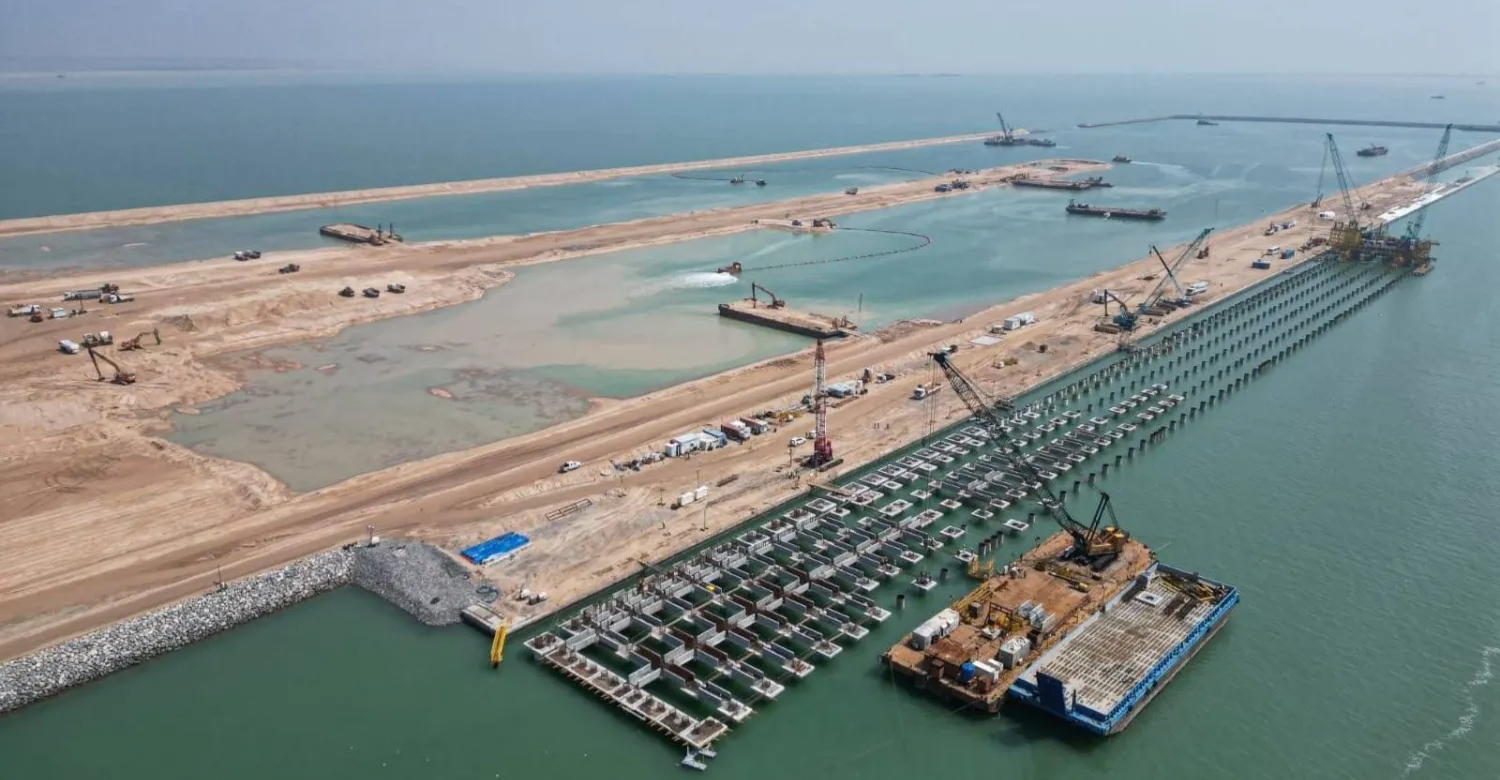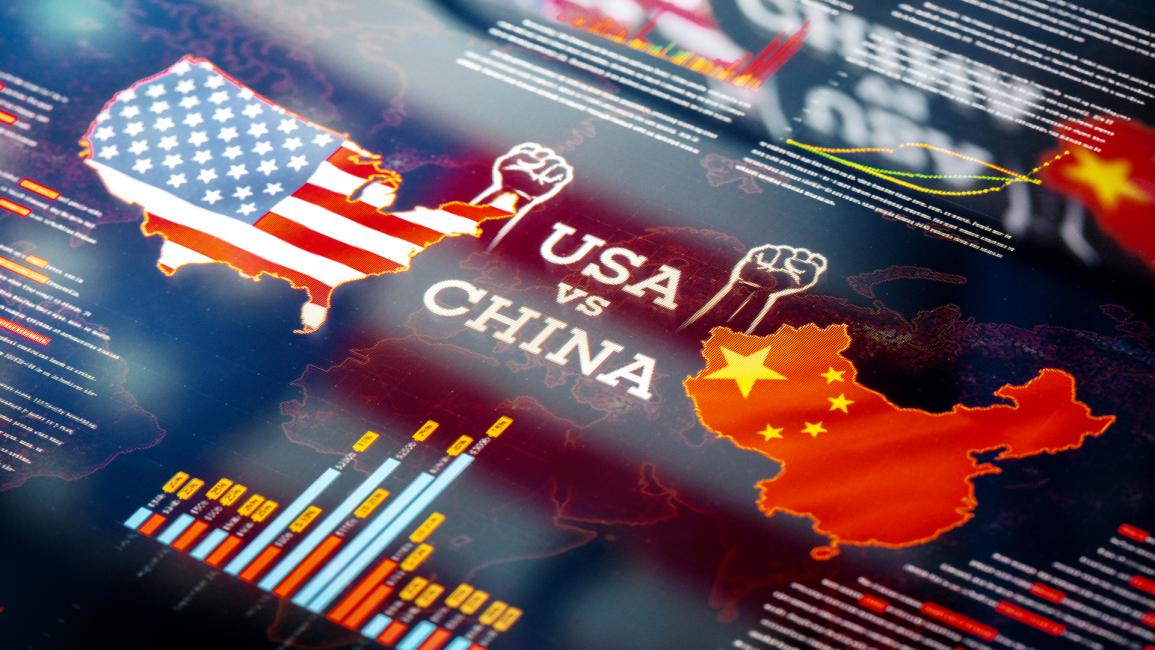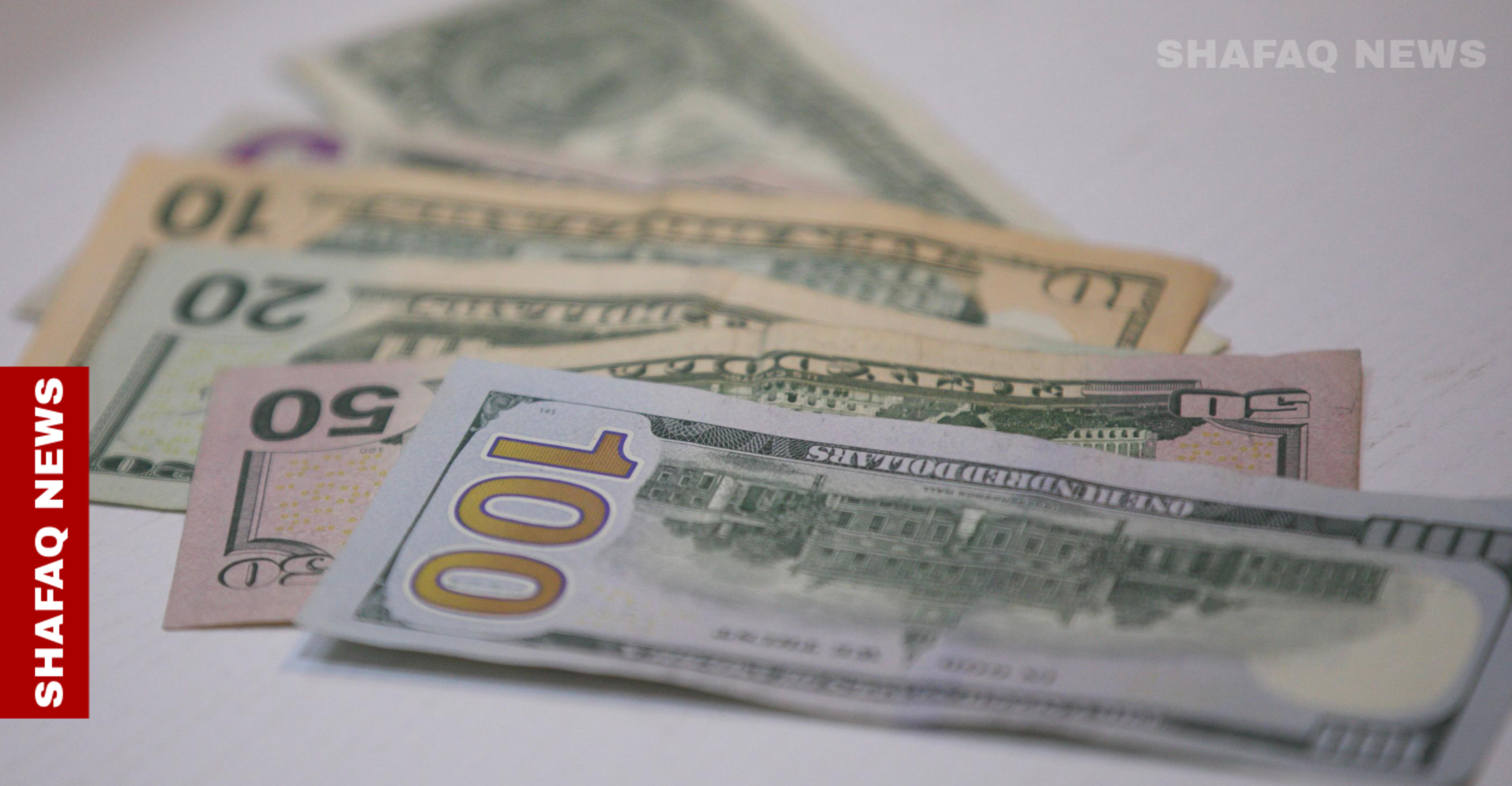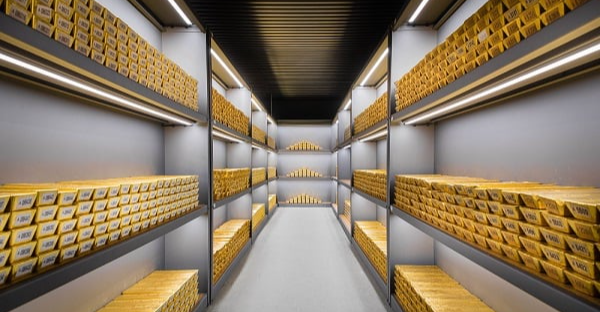Baghdad, Damascus to reopen trade route
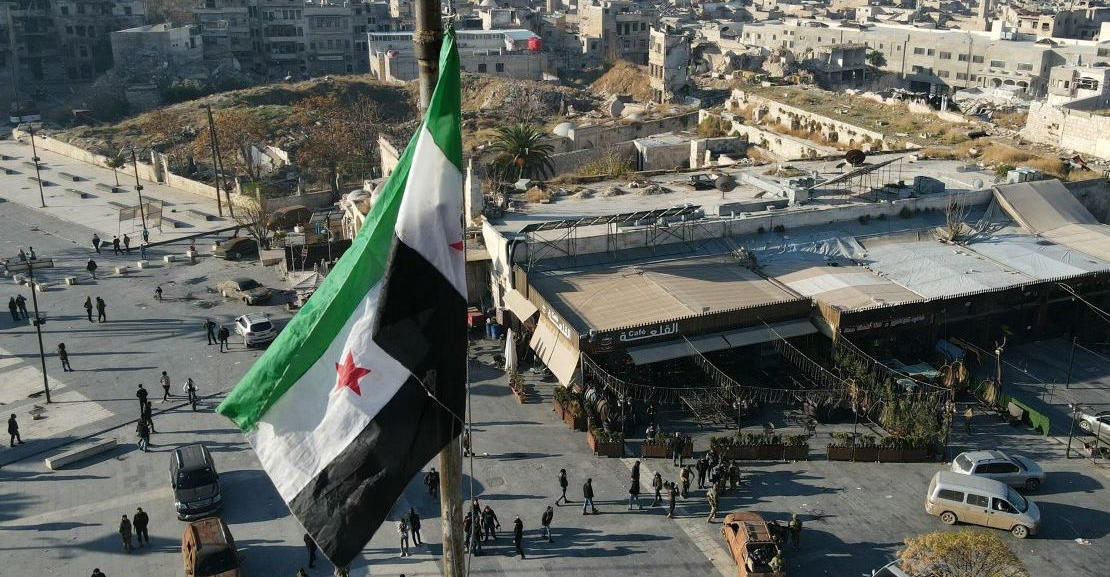
Shafaq News/ Iraq is preparing to resume trade with Syria inthe coming days after Syrian authorities fulfilled Baghdad’s requirements.
The Head of the Iraqi-Syrian Business Council, HassanAl-Sheikh, told Shafaq News that Iraq had finalized preparations to restarttrade but had requested Syria to establish a complete border facility toprevent the entry of smuggled goods.
"The Syrian side has completed the requirements,including customs, security, passport control, and official seals. We are nowawaiting the signing of an agreement between Iraqi security authorities andtheir Syrian counterparts, outlining operational procedures, the list of goodsto be exchanged, and the necessary documentation, such as certificates oforigin, customs declarations, and inspection reports. The crossing is expectedto be operational this week," Al-Sheikh explained.
Regarding key trade items, Al-Sheikh noted that Iraq wouldexport dates, food products, and various industrial goods while importingSyrian confectionery, baked goods, fruits, vegetables, cosmetics, perfumes,pharmaceuticals, and medical supplies.
Syria’s Ministry of Economy previously told Shafaq News,that its economic strategy included boosting exports, opening new markets forSyrian products, and expanding trade with allied nations, including Iraq. Theplan also aims to improve logistical infrastructure to facilitate exports.
On December 15, the Iraqi Ministry of Trade announced haltingimports of Syrian goods. The Ministry Spokesperson, Mohammed Hanoun, told the IraqiNews Agency, “Uncertainty in Syria’s political landscape has led traders tostop purchasing and importing food and household goods until the situationstabilizes.”
Trade between the two countries has been minimal due toSyria’s security conditions since 2011, Hanoun added.
Economic sanctions have hindered financial transactions,forcing traders to use regional and Asian banks. As a result, Syrian goods havelost market share in Iraq, replaced by imports from Turkiye, Iran, Gulfnations, and China. Rising fuel costs in Syria have further driven up prices,making its products less competitive.


